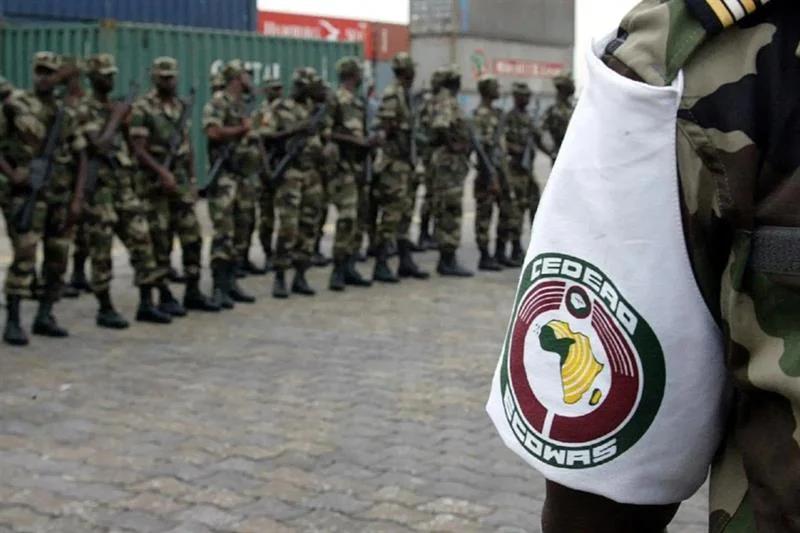On August 10, 2023, the Economic Community of West African States (ECOWAS) convened an emergency summit in Abuja, Nigeria, to address the July 26 coup in Niger, where General Abdourahamane Tchiani’s junta ousted President Mohamed Bazoum. ECOWAS, led by Nigerian President Bola Tinubu, had issued a one-week ultimatum on July 30 for the junta to reinstate Bazoum or face potential military intervention, which expired unmet on August 6. Despite activating a standby force, ECOWAS emphasized diplomacy, with Tinubu stating, “We prioritize diplomatic negotiations as the bedrock of our approach.” The summit aimed to explore all options, including force as a “last resort,” amid regional divisions.
Junta’s New Government
On August 9, the junta announced a new 21-member cabinet led by Prime Minister Ali Mahaman Lamine Zeine, a former finance minister, with generals heading defense and interior ministries. The junta, defiant of ECOWAS sanctions and threats, closed Niger’s airspace and rejected foreign intervention, with Tchiani vowing to “defend our homeland.” Pro-junta rallies in Niamey, drawing nearly 30,000 supporters waving Russian flags, underscored public backing and anti-French sentiment, complicating regional efforts to restore Bazoum, detained in “cruel and inhumane” conditions without water or electricity, per his PNDS-Tarayya party.
Nigerian Mediation Efforts
Nigerian envoys, including former emir Sanusi Lamido Sanusi and ex-military leader Abdulsalami Abubakar, met junta representatives on August 9, offering hope for dialogue despite earlier failed talks. Sanusi, who met Tchiani, told Nigerian media he would relay a “message” to Tinubu, emphasizing “public diplomacy” to bridge divides. Guinea-Bissau’s President Umaro Sissoco Embalo warned that ECOWAS’s credibility was at stake after coups in Mali, Guinea, Burkina Faso, and Niger, insisting Bazoum remains Niger’s sole legitimate leader. However, Mali and Burkina Faso’s juntas declared ECOWAS intervention a “declaration of war,” sending a solidarity delegation to Niamey on August 7.
Internal Resistance and Regional Tensions
The crisis deepened with the formation of the Council of Resistance for the Republic (CRR) by former Tuareg rebel Rhissa Ag Boula, who vowed to reinstate Bazoum using “any means necessary.” This move raised fears of internal conflict in Niger, a key Western ally against Sahel jihadists. ECOWAS sanctions, including Nigeria’s electricity cuts, spiked food prices, impacting 4.4 million aid-dependent Nigeriens. Algeria and Chad opposed military action, while Western powers like the U.S. and France, with 2,500 troops in Niger, voiced concern over Bazoum’s detention conditions and urged a diplomatic resolution.
Implications for the Sahel
The junta’s defiance, backed by Mali, Burkina Faso, and growing Russian influence, threatens Niger’s democratic stability and regional security. The August 10 summit’s outcomes remain critical, with ECOWAS facing a fractured bloc—suspended members Mali, Burkina Faso, and Guinea support Niger’s junta. The CRR’s emergence and ongoing sanctions risk escalating tensions, potentially destabilizing the Sahel further. As of August 2025, Niger, Mali, and Burkina Faso’s exit from ECOWAS to form the Alliance of Sahel States, with Russian backing, underscores a shifting geopolitical landscape, challenging the bloc’s unity and influence.






